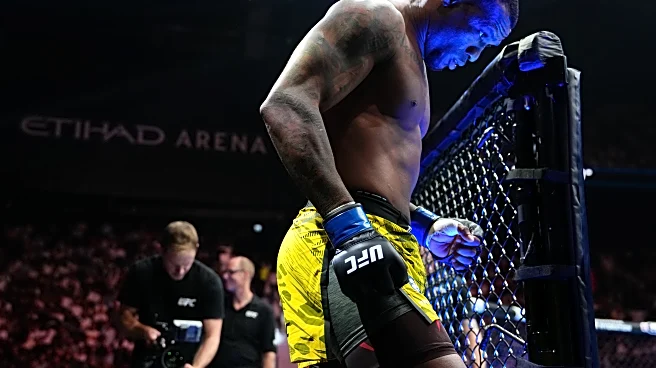What's Happening?
Errol Musk, father of tech mogul Elon Musk, has reiterated claims that his son's success was partly funded by a secret emerald mine in Zambia. Errol alleges that the mine, operated informally in the 1980s, provided financial support for Elon and his brother during their studies in North America. Elon Musk has consistently denied these claims, offering a reward for proof of the mine's existence. The story has resurfaced, challenging the narrative of Musk's self-made success.
Why It's Important?
The claims about the emerald mine add complexity to the narrative of Elon Musk's rise to prominence, potentially affecting public perception of his self-made image. If true, the story could influence views on wealth acquisition and the role of family resources in achieving success. It also highlights the challenges of verifying historical claims and the impact of family dynamics on public figures. The controversy may prompt discussions on transparency and accountability in personal and professional histories.
Beyond the Headlines
The story raises ethical questions about the portrayal of success and the importance of transparency in personal narratives. It challenges the notion of the 'self-made' entrepreneur, suggesting that family resources can play a significant role in achieving success. The narrative also underscores the complexities of family relationships and their influence on public personas, highlighting the potential for conflicting accounts and the difficulty of establishing historical truths.









